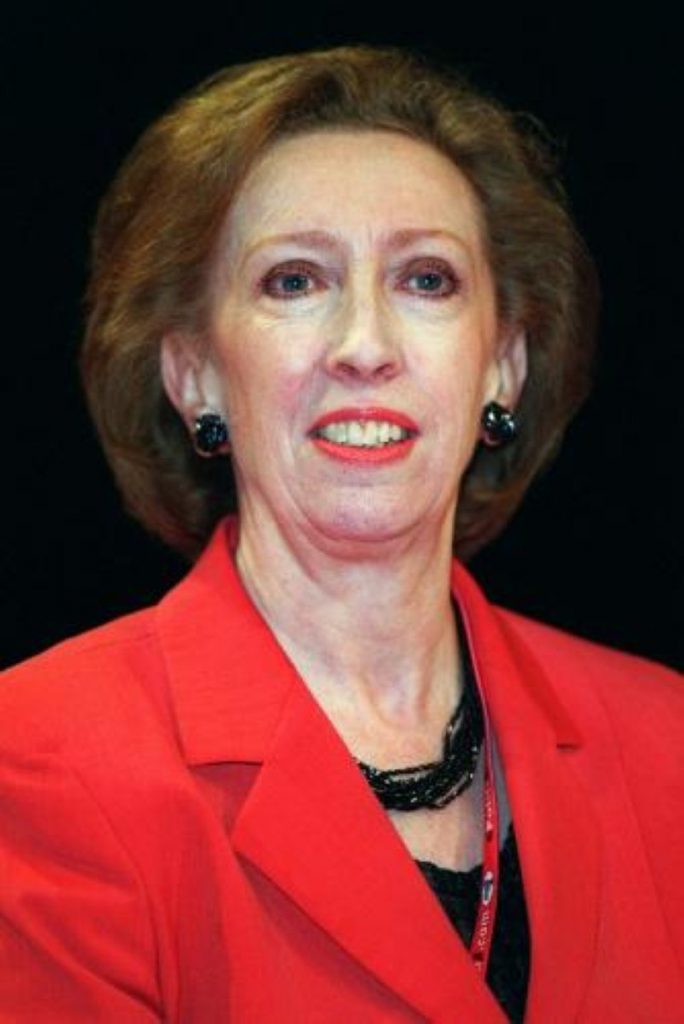Beckett defends Lebanon policy
Margaret Beckett has defended the government’s actions during the recent crisis in Lebanon in the face of fierce union criticism.
The foreign secretary insisted that although Tony Blair refused to call for an immediate ceasefire when Israel began bombing southern Lebanon this summer, he worked hard to get the UN security council resolution that finally led to an end to hostilities.
But her comments were immediately attacked by Tony Woodley, general secretary of the T&G union, who warned: “A massacre of 1,000 innocent civilians, including 300 children.The inactivity of our government allowed it [to take place]”.
Labour MPs reacted angrily to the decision by Mr Blair not to back European Union calls for Israel to stop its attacks on Hizbullah, and 37 activists from Ms Beckett’s local party defected to the Liberal Democrats as a result.


In her speech to the party conference in Manchester this morning, the foreign secretary vigorously defended the government’s policy.
“Let me nail the lie that this government actively wanted conflict to continue or was indifferent to the suffering of the people of the region,” she insisted.
“We were pushing for a security council resolution as early as the very start of August. And believed it could have been achieved. So, by the way, was the United States.”
Ms Beckett added: “When the security council met to pass the ceasefire resolution, we and the US expected that ceasefire to be triggered at the moment of its passage.”
But Mr Woodley warned that failing to take a decisive stance on Lebanon “had made Britain an unsafer place and it’s just another US neocon-led disaster”.
- Last night deputy Labour leadership contender Harriet Harman received short shrift for her call for a more inclusive foreign policy that would better take into account the concerns of the British people.
“Things have changed from the time when people were assumed not to know or not to care about foreign policy.I think people want to have a say and that can only improve foreign policy,” she told a fringe meeting.
But former foreign secretary Jack Straw rejected the idea, saying: “I’m all in favour of discussion about foreign policy.but in the end it involves some very tricky decisions and you have to come down on one side or the other.”
He has argued for parliament to have a greater say in foreign policy, and yesterday Gordon Brown backed the idea of having a vote on whether or not to go to war, something that was allowed on Iraq but is formally the prime minister’s decision.
Another candidate for the Labour deputy leadership, Peter Hain, also rejected Ms Harman’s idea, saying: “Yes, big issues have to be debated but let’s not pretend foreign policy can be debated in an amateurish way. These are serious issues.”

